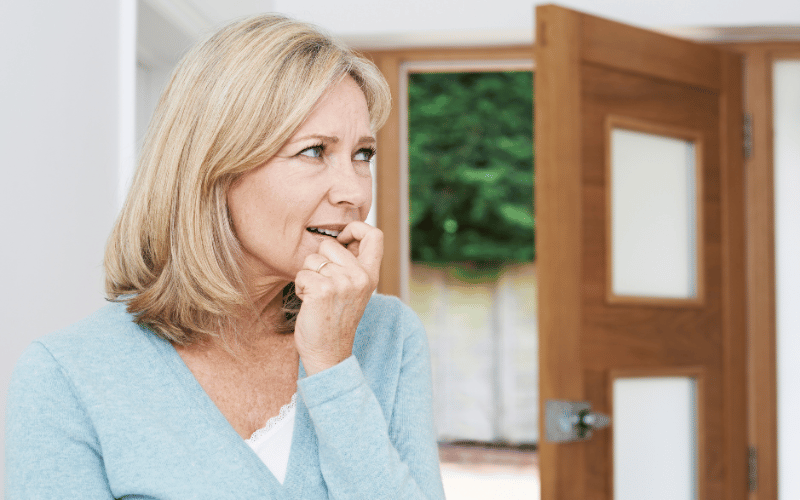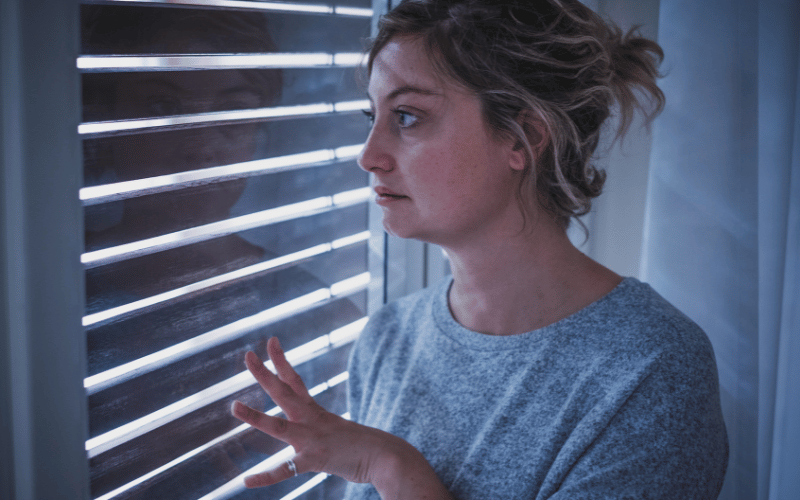Introduction: Shedding Light on Agoraphobia

Agoraphobia, a term we’ve likely encountered in passing, is far more than just its literal translation of “fear of open spaces.” It’s a multifaceted condition, characterized by intense fears and anxieties that go beyond just physical locations. This article seeks to shed light on this intricate mental health issue by delving deep into its top 10 defining symptoms.
Many perceive agoraphobia as a singular phobia, but it’s more than just an aversion to vast, open areas. It’s a dance of emotions, where feelings of vulnerability play out in various settings and situations. Delving into the specifics of these symptoms not only helps raise awareness but also offers a fresh perspective on understanding those who cope with it daily.
Recognizing and understanding these symptoms isn’t just essential for mental health professionals but for everyone. An informed community can provide better support and empathy to those living with agoraphobia. By diving into the heart of this condition, we aim to bridge gaps of understanding and promote compassionate awareness.
Join us on this enlightening journey, as we take a closer look at agoraphobia, breaking down its core symptoms, and exploring its impact on the lives of many. Through this exploration, we aspire to create a space for knowledge, empathy, and healing.
Symptom 1. Overwhelming Fear of Public Places: Agoraphobia’s Central Symptom

Agoraphobia’s hallmark is an overpowering dread of public places. This doesn’t stem from an innate dislike for these settings, but a deep-seated fear of feeling trapped or helpless. Crowded malls, bustling streets, or even open parks can trigger this response.
Some individuals recount feeling as though the walls are closing in on them. These sensations often escalate rapidly, culminating in full-blown panic attacks. Interestingly, the mere thought of venturing into public places can spur apprehension in some individuals, compelling them to avoid such scenarios altogether.
A key distinction to remember is that this fear is not just about crowd size. Even an empty hall or a deserted beach can induce anxiety. The root of the issue lies in the perceived lack of an escape route or the idea that it might be challenging to get help if something were to happen.
The impact on daily life can be profound. Many people find their social circles shrinking and feel isolated. They often have to devise coping mechanisms, from online shopping to opting for home-based jobs, just to manage this symptom.
The psychological ramifications of this symptom can’t be underestimated. People with agoraphobia often grapple with self-esteem issues, feeling limited by their condition. Their world becomes smaller, confined within walls, with the horizon seeming far and unreachable. (1)